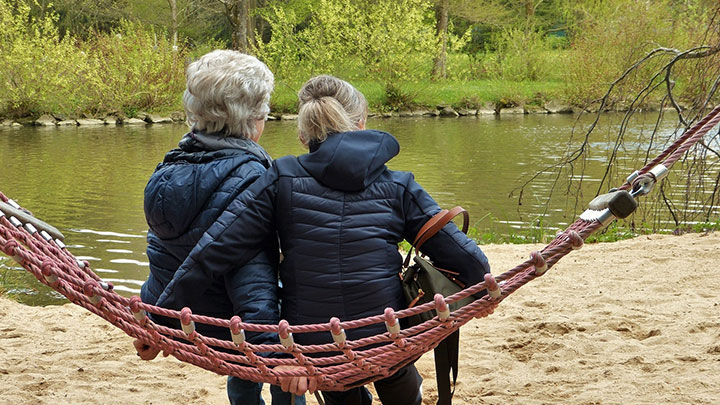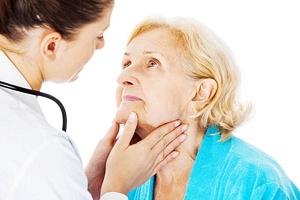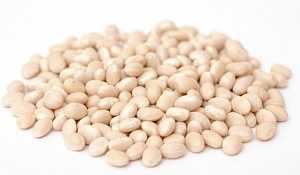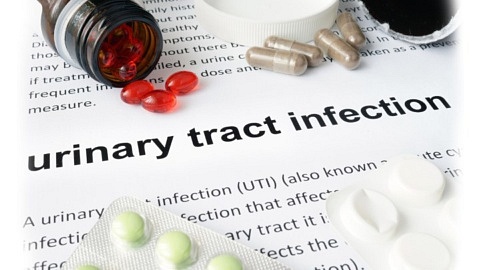Bell Lifestyle Products announced today the release of their new Immune Support product for the Canadian market. This product joins a comprehensive family of...
About the Author
Dr. Olivia Rose
Dr. Olivia Rose graduated from the University of Guelph with a Bachelor of Science Honours degree in Nutritional and Nutraceutical Sciences and in 2006, she graduated from the Canadian College of Naturopathic Medicine.
In addition to her private practice, Dr. Rose is the director of Fertility Acupuncture Services, a mobile service that brings acupuncture to couples undergoing in vitro fertilization and intrauterine insemination at Toronto fertility clinics. Her special areas of interest include infertility; children and teen health; stress management; weight loss; heart disease; digestive and immune health; skin rejuvenation and pain management. She is a birth doula and has additional training in cosmetic acupuncture and needle-less therapies for skin rejuvenation and joint pain.
Dr. Rose is a sought-after lecturer for community organizations; a freelance writer and mentor to new graduates. She has been interviewed by various media outlets including Global Toronto’s, “The Morning Show”, “News at Noon” and “News Hour”. In her free time, she unplugs at the spa and she enjoys spending quality time with her husband, son and tea-cup Yorkie. For more information on Dr. Rose's practice and special events, please visit - www.oroseND.com


 The thyroid is a butterfly shaped gland located in your neck. It is also known as the master controller of the body as the hormones it releases into the bloodstream influence the function of many key organs including your heart, kidneys, digestive tract, muscles, metabolism and the regulation of your core body temperature.
The thyroid is a butterfly shaped gland located in your neck. It is also known as the master controller of the body as the hormones it releases into the bloodstream influence the function of many key organs including your heart, kidneys, digestive tract, muscles, metabolism and the regulation of your core body temperature. Your thyroid gland relies on the adequate intake of iodine in order to make the inactive thyroid hormone T4 which converts to the active thyroid hormone T3 once in your blood stream. Iodine is a trace element and the 4 and 3 actually represent the number of iodine components attached to each molecule. Iodine deficiency is a common cause of hypothyroidism worldwide; the thyroid simply cannot function without it.
Your thyroid gland relies on the adequate intake of iodine in order to make the inactive thyroid hormone T4 which converts to the active thyroid hormone T3 once in your blood stream. Iodine is a trace element and the 4 and 3 actually represent the number of iodine components attached to each molecule. Iodine deficiency is a common cause of hypothyroidism worldwide; the thyroid simply cannot function without it.

